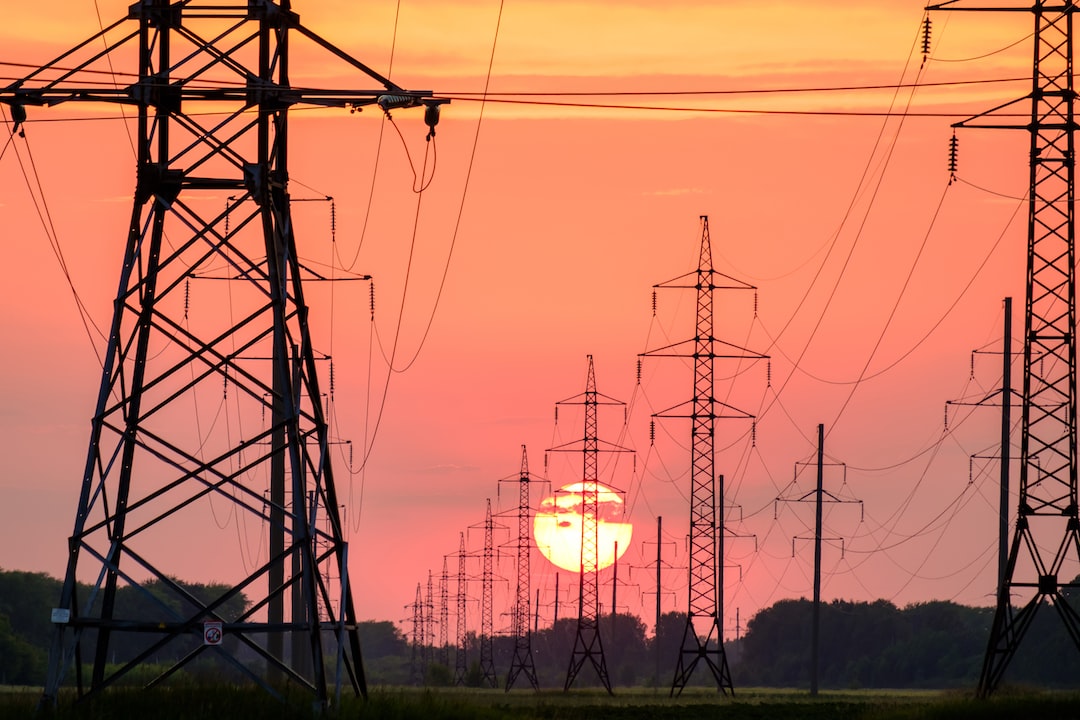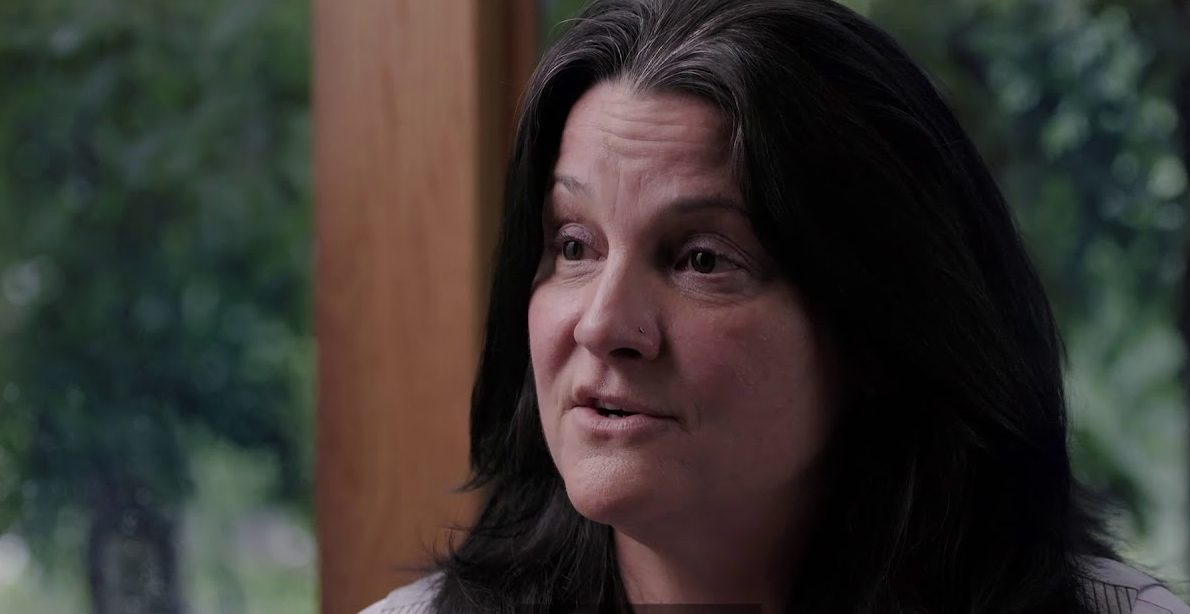Some precautions you can take before we get into the “dog days” of summer.
With the latest high temperatures in the United States expected in the next few days, the possibility of brownouts during peak hours has moved from a chance event to something closer to an eventuality. From our friends at PJM Inside Lines:
PJM has issued two alerts for July 27 amid the heat wave across the country. The first, a Maximum Generation Emergency Alert/Load Management Alert, is an early notification that system conditions might require the use of PJM emergency procedures.
The second alert, an EEA-1, is a North American Electric Reliability Corporation alert that is generally issued with the PJM Maximum Generation Alert, and means that all generating resources are online or have been scheduled.
PJM has issued this series of alerts to help prepare generators for the onset of intense heat, acting conservatively in light of recent extreme weather events that have occurred within the region and across the country.
On July 26, PJM served a preliminary peak load of approximately 138,000 MW. PJM is currently forecasting a peak of around 153,000 MW for July 27 and 154,000 MW for July 28.
Last year’s peak demand was approximately 149,000 MW.
Of course, there is going to be the temptation to blame the Biden administration for their push on green energy. That is blame they should eat — and blame they may rightly or wrongly accept.
Yet to flip the script just a bit, it might surprise many readers to discover that the best sort of green energy — nuclear power plants — have discovered the most unlikely champion in the Biden administration itself.
Earlier this year, the Biden administration offered $1.2 billion to reinforce existing power plants, with states such as Michigan and Illinois exploring either expansion or breaking new ground. Earlier last year, the US Department of Energy announced over $6 billion for nuclear power plants.
The good news for Virginians in the long term? Nuclear is most certainly on the table as a solution to green energy.
Dominion’s North Anna and Surry reactors in Virginia are next in line to potentially receive 80-year licenses. In addition, last November, NextEra Energy applied for license extensions up to 80 years for both of its reactors at the Point Beach plant in Wisconsin, and Duke Energy has told the NRC it intends to apply for similar extensions for the three reactors at its Oconee plant in South Carolina later this year.
Beyond Nuclear is still reviewing whether or not it will file more challenges to the environmental reviews of plants going for 80 year licenses, according to Gunter. An NRDC spokesman said that given the group’s active litigation on the mater, it cannot comment on how the change in the NRC leadership could affect future relicensing challenges.
So why isn’t nuclear energy more a part of the mix? First and foremost — America simply forgot how to build them. Second, green energy advocates have pushed nuclear energy to the sidelines, an ironic twist given that nuclear energy is by far the safest and most green method of producing energy next to hydroelectric. Third is the cost of building them — believe it or not, there isn’t precisely a template for new reactors; each one is a new build all of its own.
Yet the omnipresence of brownouts and the realities of nuclear energy as a solution to green energy are bringing Democrats to their senses — quickly:
“These things have been just sort of a rock-solid source of electricity for us for at this level for probably 20 years now,” Was said. “They’ve quietly been building up an extremely impressive history of providing 100% CO2-free electricity to this country, and that’s something that if you stand up and take note of it, you gotta ask the question, well, what else do we have that can do that?”
That sentiment is gaining traction in the startup world where companies like NuScale and TerraPower, which is founded and backed by Bill Gates, are experimenting with smaller or more modular reactors that cost less to build.
Gates told CNBC’s Andrew Ross Sorkin last year that he sees a future where reliance on nuclear power will “absolutely” be politically palatable.
Unfortunately, none of those solutions are going to come in time for the weekend.
What You Can Do to Stay Cool During a Brownout
Some commonsense reminders of what a power outage may do inside your home, place of work, or community:
- Disrupt communications, water and transportation.
- Close retail businesses, grocery stores, gas stations, ATMs, banks and other services.
- Cause food spoilage and water contamination.
- Prevent use of medical devices.
Some of the things you can do immediately in preparation for a brownout are the same rational things you would do for a hurricane or snowstorm:
- Purchase a few battery-operated fans and flashlights, as well as a large pack of batteries for both.
- Read a book, bring out the playing cards, get the basketball or football and remember to hydrate. Remember we lived in a world before electronics.
- Keep extra plastic containers filled with water in your fridge or freezer, especially if you know a planned blackout or brownout will be happening in your area. You can use them to cool off, stay hydrated, or keep your food cold.
- Talk to your HVAC provider about upgrading your system to include surge protection.
- Evaluate your electrical needs such as life-sustaining medical equipment. Purchase and install a generator that will operate these basic necessities.
Some other preparations you can take for your family’s safety include:
- Keep food in a freezer and close your refrigerator.
- Have alternate plans for refrigerating medicines or using power-dependent medical devices.
- Have an emergency kit prepared for the household or each family member.
- Sign up for local weather and emergency alert systems so that you get up-to-date information.
- Install carbon monoxide and smoke detectors that operate on backup battery power to protect your family.
- Set aside enough shelf-stable food to feed you and your family for at least three days.
- Keep a jug of frozen water in your fridge and freezer in case of outages.
- Keep your phones charged and your gas tank full for emergencies.
Making sure you have the means to fire up the grill — two propane tanks, because two is one and one is none — and cook outside seems like a commonsense thing to do. Check with your locality about local cooling stations.
Check in as well with elderly neighbors, friends at church, or others who may be at risk during increased temperatures. That one ounce of care is worth a pound of regret later.
After the power comes back on? Do a basic check-up:
- When in doubt, throw it out! Throw away any food that has been exposed to temperatures 40 degrees or higher for two hours or more, or that has an unusual odor, color or texture.
- If the power is out for more than a day, discard any medication that should be refrigerated, unless the drug’s label says otherwise. Consult your doctor or pharmacist immediately for a new supply.
Remember that August is a hot month in Virginia and always has been, with temperatures routinely above 90F and humidity just as high. Taking commonsense precautions and checking in on neighbors is a common duty.
As for America’s energy policy, the national game of chicken is about to end in a series of brownouts. We have the solutions, but do we have the political will to do the right thing?
Stay cool out there.






